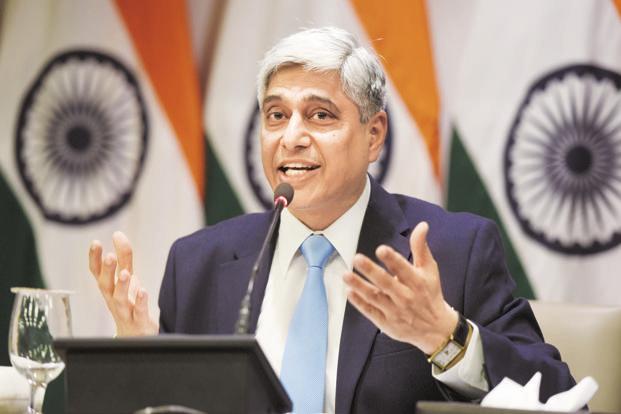
(TibetanReview.net, Feb17, 2017) – India on Feb 15 dismissed China’s protest for allowing the visit of a Taiwanese delegation of women parliamentarians, saying it was routine and should not be seen as political. The three-member women’s parliamentary delegation had arrived in India on Feb 13 amidst signals of increasing engagement between the two sides, reported dnaindia.com Feb 16. It was led by ruling Democratic Progressive Party (DPP) legislator Kuan Bi-ling, reported Reuters Feb 16.
Briefing the reporters in Beijing, Chinese Foreign Ministry spokesman Geng Shuang had said, “China lodged representations with India” over the visit.
Describing them as “so-called legislators from Taiwan”, Geng has said his country was opposed to any official contacts between Taiwan and other countries with whom China had diplomatic relations. “The reason why China lodged the representation is because that we have been requiring countries that have diplomatic relations with China to fulfil their commitment to the ‘One China’ principle,” he was quoted as saying.
In a hard-hitting commentary, China’s official Global Times newspaper had warned India on Feb 15 that it was “playing with fire” and “will have to suffer losses” for having “invited” the Taiwanese delegation.
However, India’s Ministry of External Affairs (MEA) official spokesperson Vikas Swarup has indicated that China’s criticisms and warnings were entirely uncalled for. “We understand that a group of Taiwanese academics and business persons, including a couple of legislators, is visiting India. Such informal groups have visited India in the past as well for business, religious and tourist purposes. I understand that they do so to China as well. There is nothing new or unusual about such visits and political meanings should not be read into them,” he was quoted as saying.
The Reuters report cited a DPP official in Taipei as saying the legislators were scheduled to return to Taiwan on Feb 16 after also visiting Taiwanese companies such as China Steel, Taiwan’s biggest steel maker, which had a plant in India.
India is a major country which does not explicitly endorse the ‘one China policy’, insisting that it should be reciprocal on Beijing accepting a ‘one India’ policy, with regard to the Kashmir and Arunachal Pradesh issues.
China’s building of a ‘one belt, one road’ infrastructure through Pakistan occupied Kashmir, its pro-Pakistan stance on the Kashmir issue, its continued territorial claim over the India state of Arunachal Pradesh as a part of its claim over Tibet, its repeated vetoing of moves at the UN Security Council to sanction Pakistan based terrorists, and its strong opposition to India joining the Nuclear Suppliers Group unless New Delhi’s arch-enemy Pakistan was also brought in have all created strong disappointment in New Delhi.


